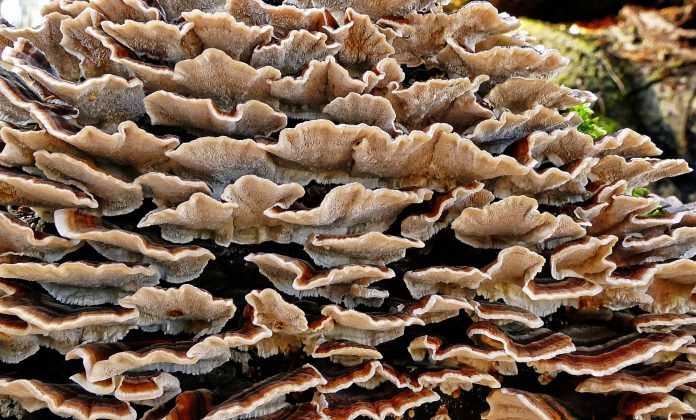There may be a connection between fungus and cancer. New research identifies the presence of fungus in cancer, often inside the cell. In addition, the researchers provide evidence for new diagnostic and prognostic biomarkers for cancer.
Bacteria, fungi, and cancer
Studies on bacterial communities internal to tumors exist. However, fungi that shape host immunity and infect cancer patients are understudied.
It is also unknown if fungi could be a part of the bacterial-immune interaction representing cancer.
To investigate this question, a team of international researchers answered the question, can fungus have some connection with cancer?1,2
Fungus and cancer research
Scientists examined over 17,000 human samples in 35 cancer types. “The existence of fungi in most human cancers is both a surprise and to be expected”, said biologist Rob Knight, PhD, founding Director of the Center for Microbiome Innovation and Professor of Pediatrics and Computer Science and Engineering at the US San Diego in a press release.
“It is surprising because we don’t know how fungus could get into tumors throughout the body. But it is also expected because it fits the pattern of healthy microbiomes throughout the body, including the gut, mouth, and skin, where bacteria and fungus interact as part of a complex community”.
The study findings were as follows:
- fungal DNA and cells were at low abundance across major human cancers,
- fungi were located inside the cancer cells,
- understanding the microbiome and mycobiome is essential to understanding cancer,
- fungi often interact with bacteria in a synergistic, rather than competitive manner,
- specific fungi are associated with different clinical outcomes like responses to medicine and cancer survival,
- and fungus may have diagnostic value in cancers even in the early phase of the disease.1,2
Conclusion
The potential impact of fungi on immune response and cancer progression supports the previous research that fungi are a key part of cancer biology.1,2 These findings also unveil the co-existence and close association between fungi and bacteria.
This should spur attention to identify their synergistic roles in cancer.
Of note, this new study provides potential translational implications in cancer diagnosis, prognosis, and other aspects such as drug development.
References
- Narunsky-Haziza L, Sepich-Poore GD, Livyatan I, et al. Pan-cancer analyses reveal cancer-type-specific fungal ecologies and bacteriome interactions. Cell. 2022 Sep 29; 185(20): 3789-3806. https://doi.org/10.1016/j.cell.2022.09.005
- Schlingman J. Researchers in US and Israel detect fungal DNA in most cancer types found in the human body. Dark Daily. https://www.darkdaily.com/2022/11/28/researchers-in-us-and-israel-detect-fungal-dna-in-most-cancer-types-found-in-the-human-body/. Published November 22, 2022.



